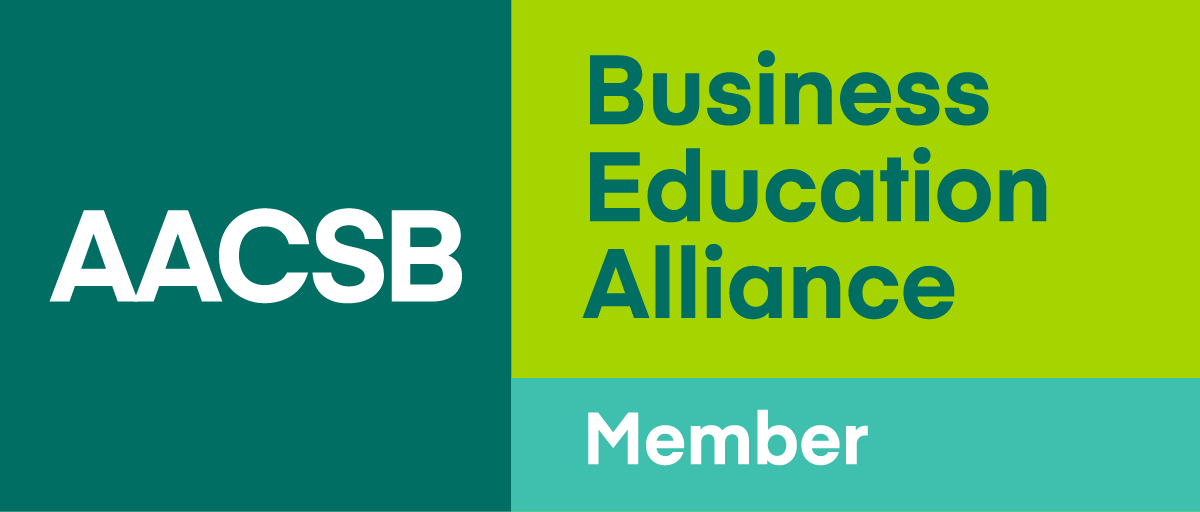《 IB524 x IBBA153》Embarking on a Sustainable journey: students explore Corporate Sustainability practices at Combis Sport
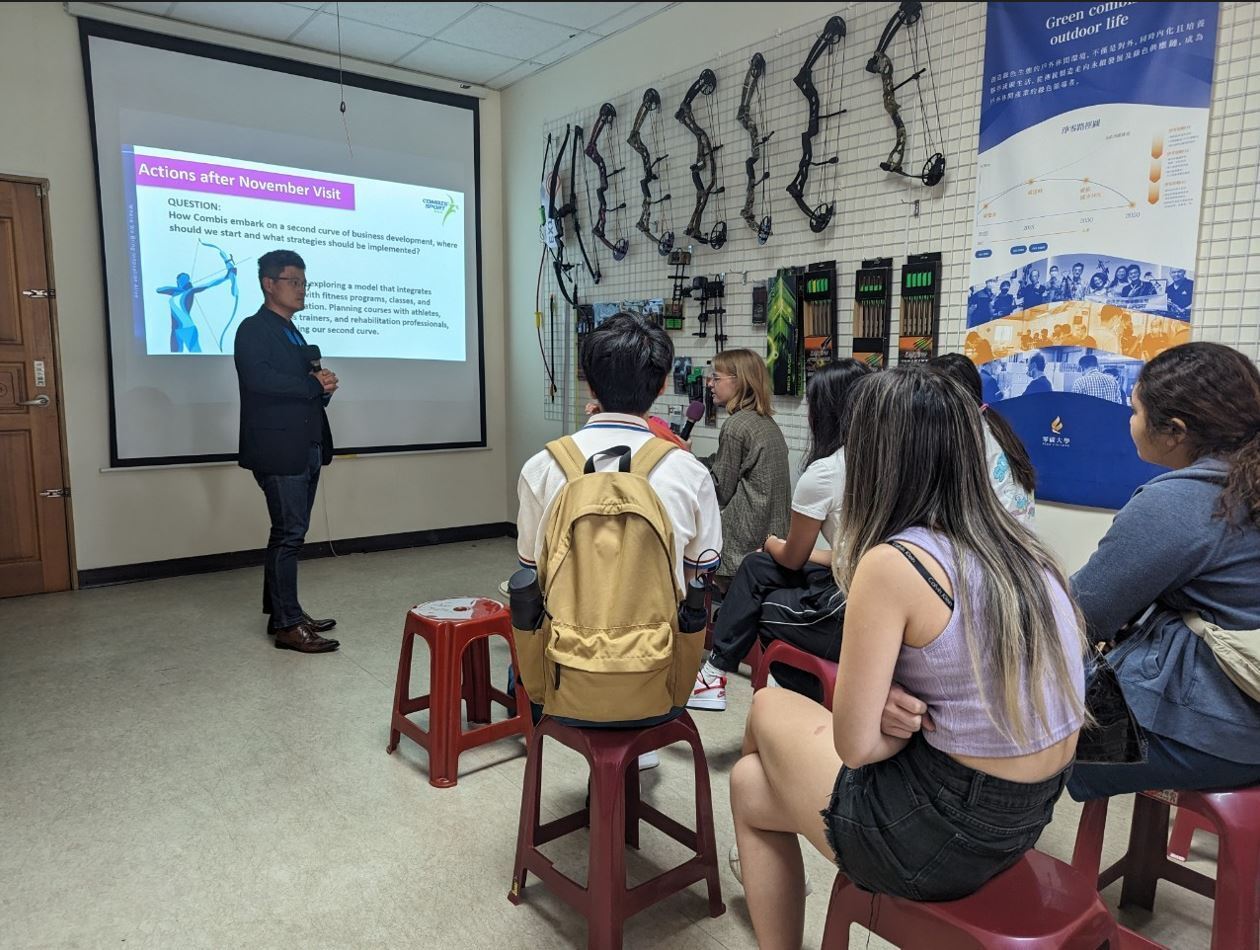
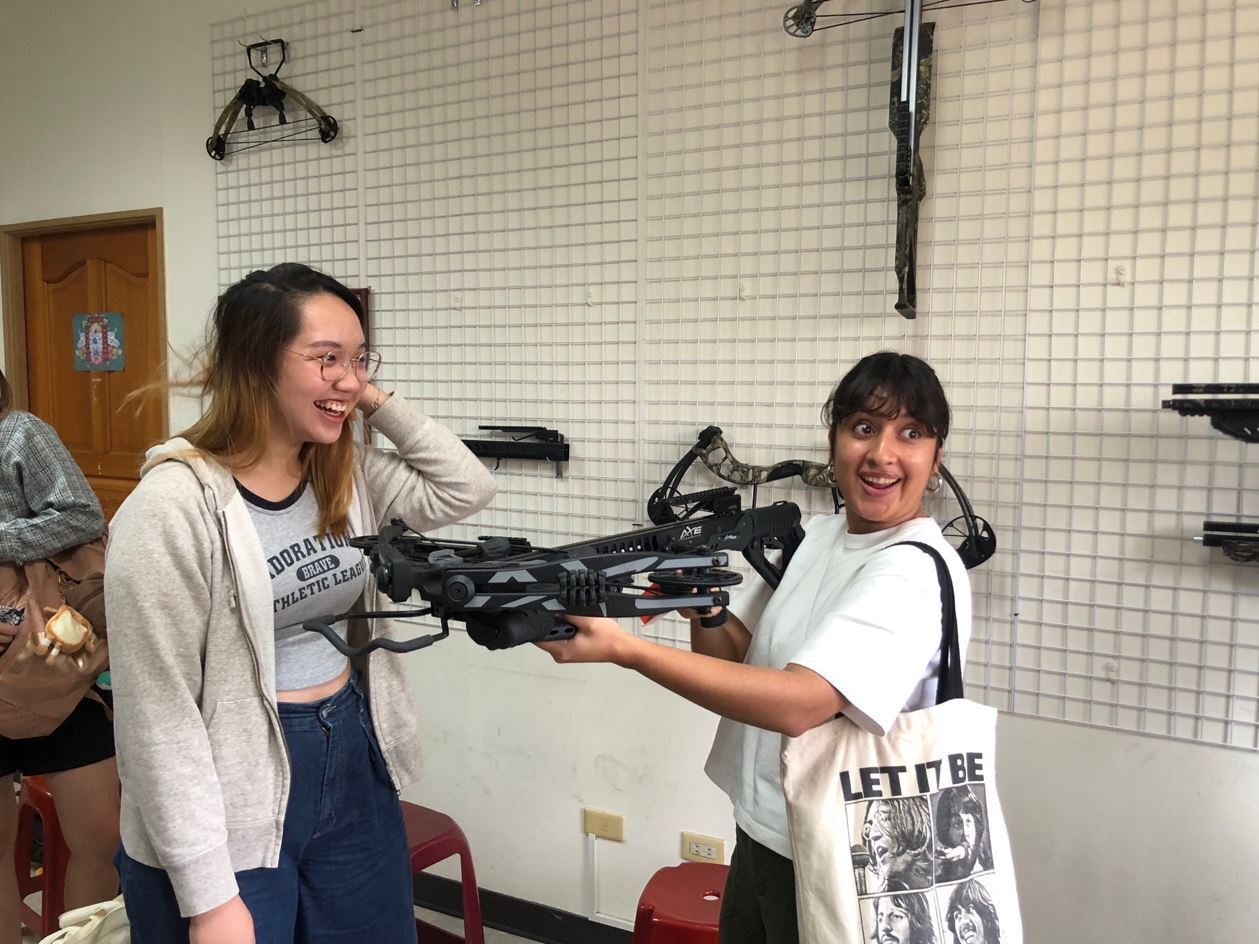
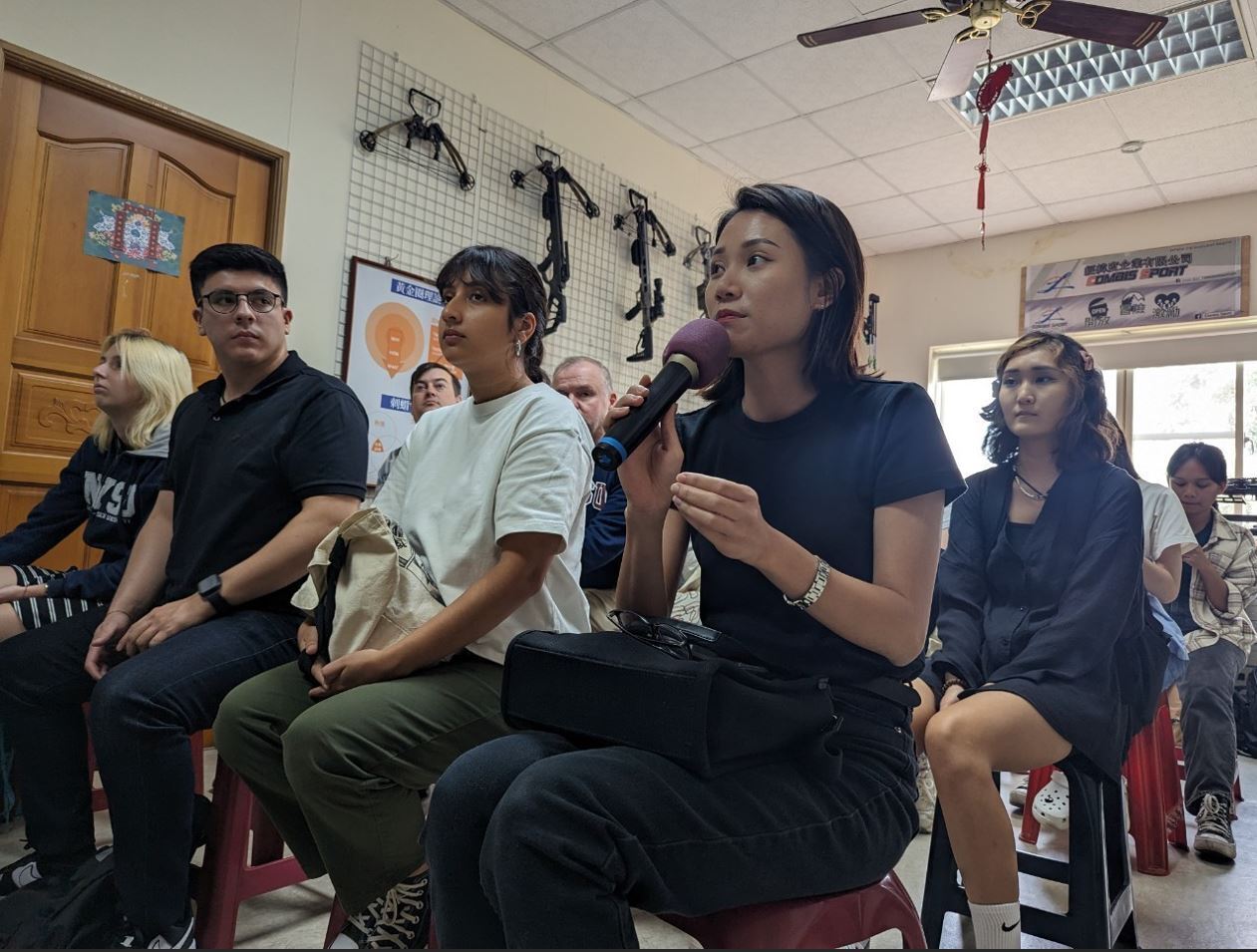
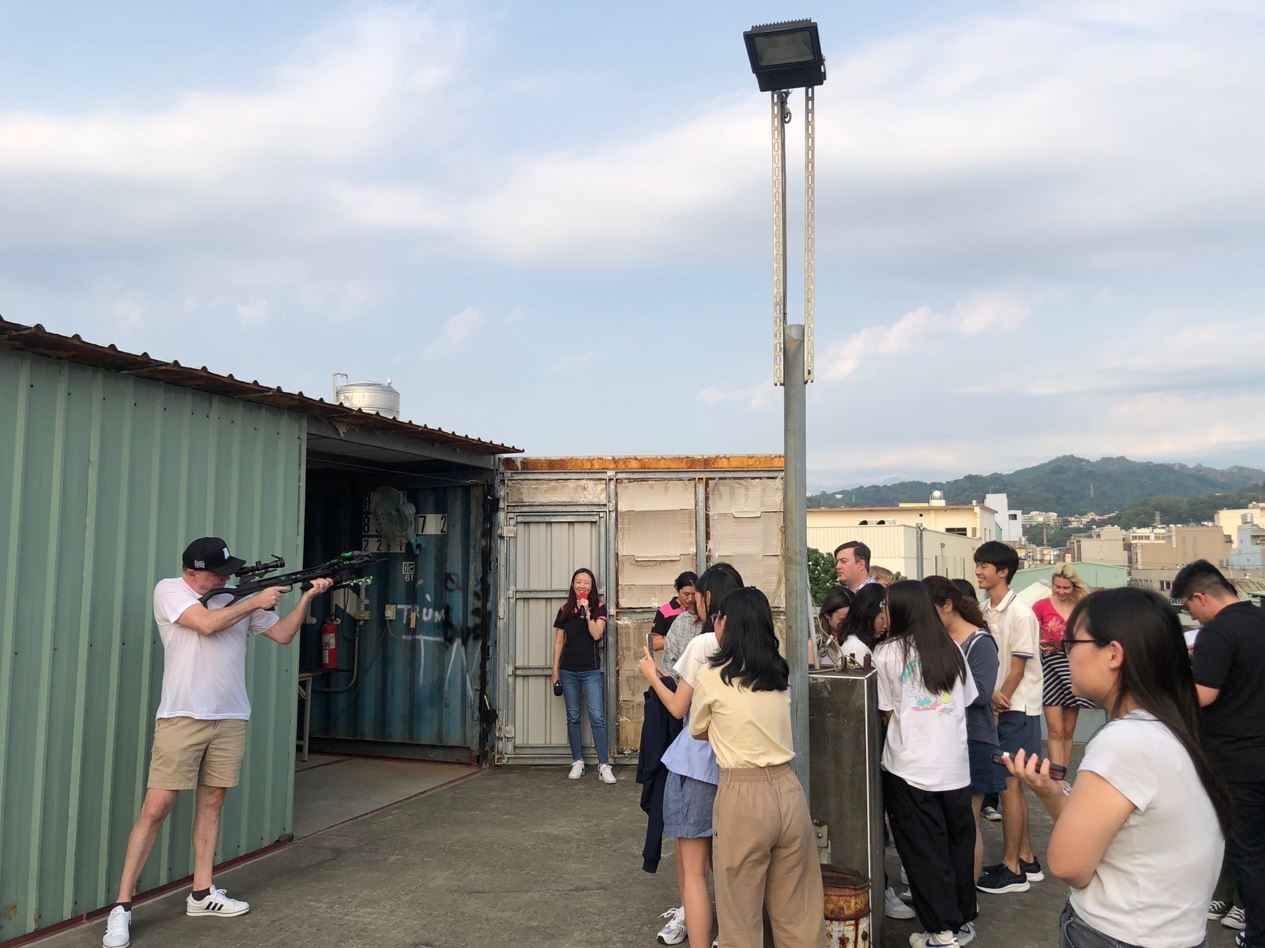
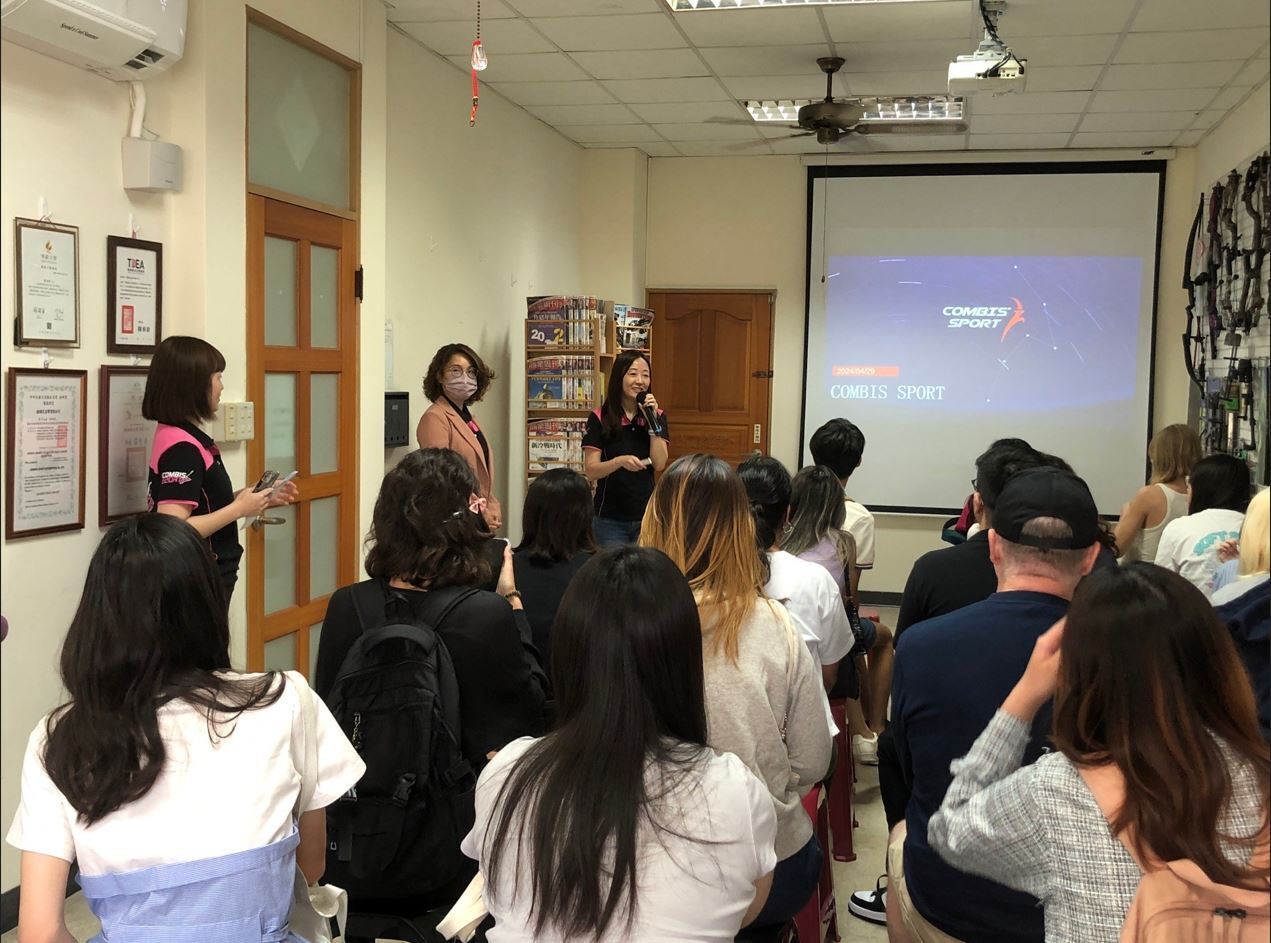
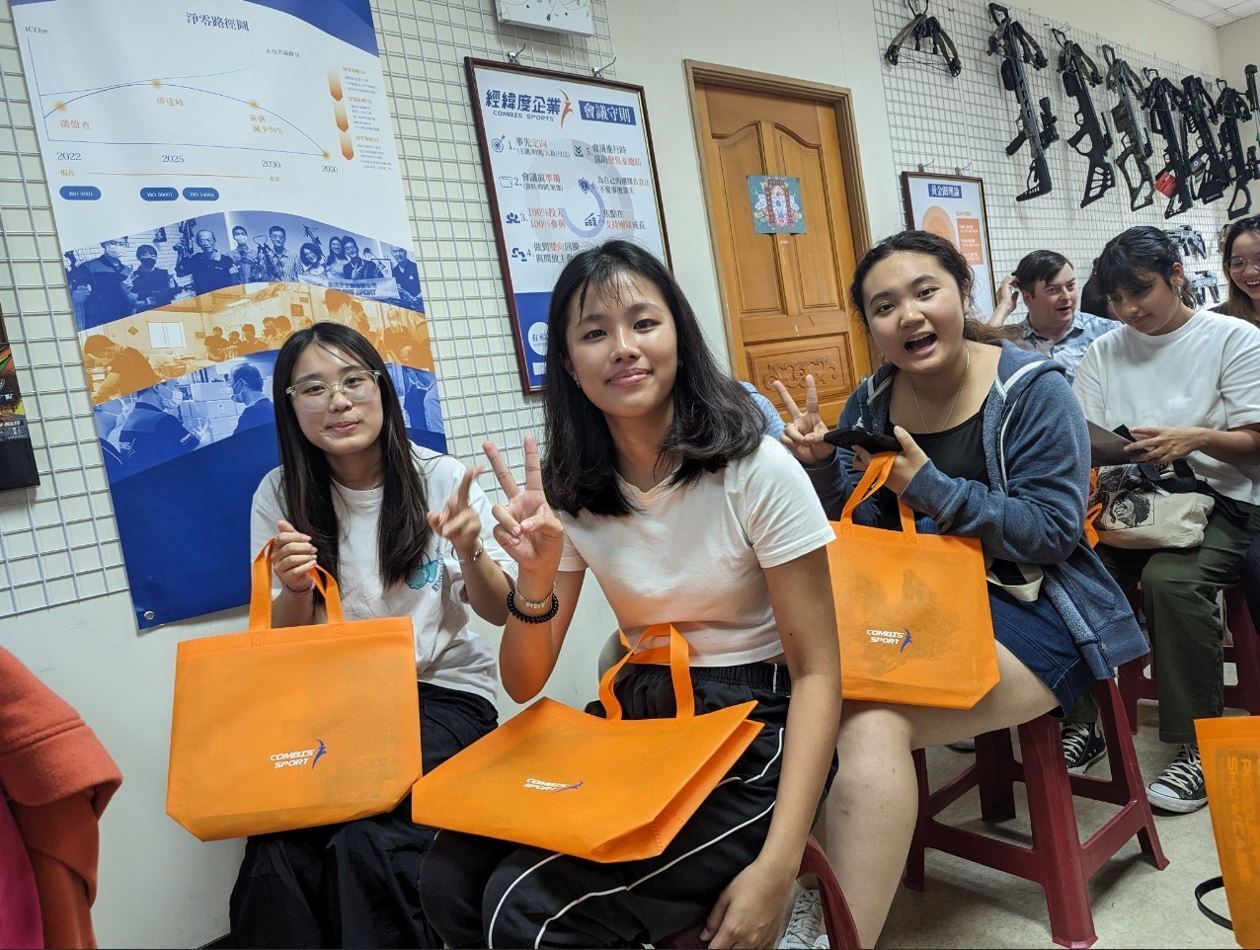
【Field Trip】Embarking on a Sustainable journey: IB524 x IBBA153 students explore Corporate Sustainability practices at Combis Sport
As part of NSYSU ongoing commitment of understanding and promoting corporate sustainability, on 29th April 2024 – IBMBA and IBBA ‘Sustainability of Global Enterprise’ students embarked on an enlightening journey to visit Combis Sport: a leading company in the archery industry – committed in implementing sustainability practices. This visit was organized by Professor Ryan Brading from the IBMBA program and Professor Jack Shu from the Department of Information Management.
Founded in 2012, Combis Sport has emerged as a distinctive company in the crossbow and archery market, with a strong presence in North America, Germany, United Kingdom, Italy and France. The company gave the students a first-hand look at how it integrates sustainability into its business operations. Led by the founders Charles Tsai and Yvonne Yang, Combis Sport has embraced sustainability as a core value, recognizing the importance of Environmental, Social and Governance (ESG) principles in today's business landscape.
During the visit, the students gained an insight into Combis Sport's sustainability initiatives, which incorporate various aspects of the company's operational practices. Charles emphasized that the company's success is rooted in its people and their shared commitment to sustainability. He highlighted Combis Sport’s efforts to promote a culture of collaboration and innovation within the organization, where every team member is encouraged to contribute ideas, and to achieve a diverse and inclusive company – with a balanced gender ratio and employment opportunities for disabled people and foreign staff. Passionate about outdoor activities, they actively participate in tree planting and other charitable endeavours, embodying the concept of sustainability through their actions.
Combis Sport has set itself the ambitious goal of achieving carbon neutrality by 2035. To achieve this, the company is focusing on reducing waste in the product manufacturing process, using recycled materials from unused products returned by their customers, and transitioning to green energy sources. By the end of 2025, Combis Sport plans to implement a green energy management system, leveraging technologies, such as solar panels to minimize its carbon footprint. Combis Sport has eight engineers focusing on new designs and materials and has partnerships with external material development team partners.
Additionally, students were given the chance to visit their assembly line workstations. Patricia Lin, Marketing and Sales Director of Combis Sport organized the visit, and introduced members of staff explaining in detail each production process. The intention was to illustrate the physical product of crossbows, the materials used, the assembling process throughout the factory, and highlight vital points to be considered when utilizing a crossbow or an archery bow. Interestingly, the students noticed that the working instructions were written not only in English but also in other foreign languages, implying that the staff employed are not only locals but also from other countries.
Students eagerly asked various questions related to the ESG, business expansion, and even questions related to human resources. Charles shared his insight into the company’s market expansion efforts, including how they find right partners to work with, how they communicate with customers from different countries, how they manage cost when implementing sustainability practices, and even, their future plan in building the company further by consolidating and expanding Combis Sport’s influence overseas.
From an educational perspective – in relation to ‘Sustainability and Global Enterprises’ viewpoint – Combis Sport has demonstrated its commitment in producing environmentally friendly products. But also, in educating its customers, especially in the American market, about the importance of ESG, though they noted that they are still trying to find a more comprehensive method of promoting the meaning of ESG in the American market, because this term is still little known in this region vis-à-vis European countries.
Overall, the experience in learning how this emerging and dynamic enterprise in Taiwan is addressing sustainability concerns effectively and implementing ESG practices in its business operations was a fantastic opportunity for the students enrolled in these ‘Sustainability of Global Enterprise’ undergraduate and postgraduate courses.
Written by Yen Chuang
(Provided by IBBA)


